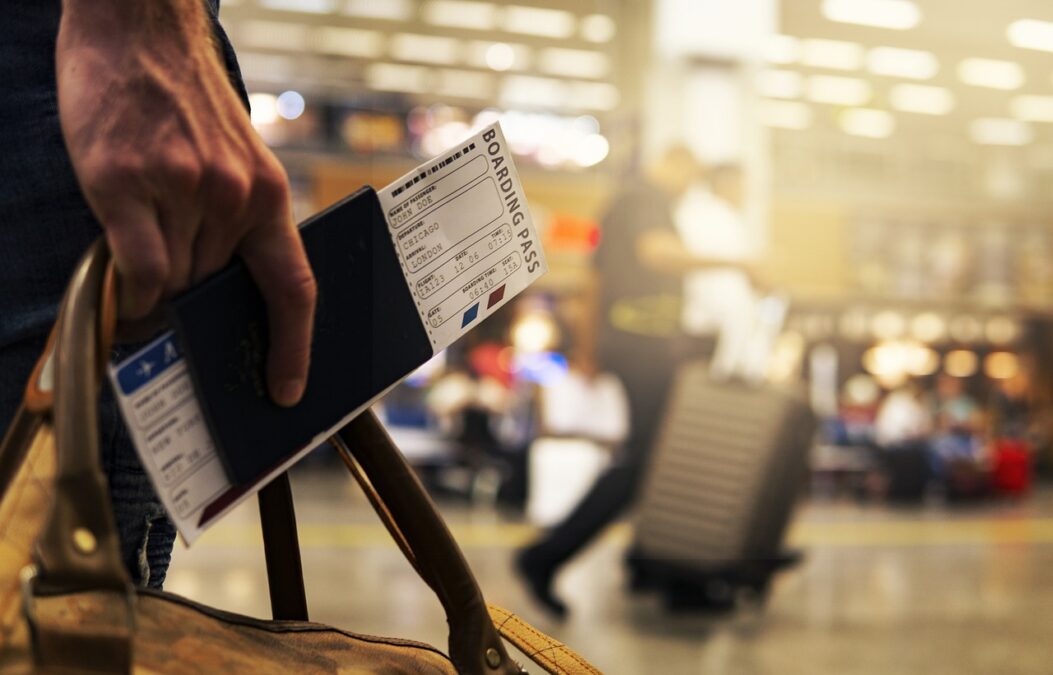Business travel expenses—such as accommodation, meals, transportation, and miscellaneous costs—can be claimed as allowable expenses, but the process and benefits vary depending on whether you’re self-employed or running an LTD company.
For self-employed individuals, the process is relatively straightforward. Expenses like hotel stays, meals during trips, and transportation costs such as parking fees, tolls, and public transport are deductible from taxable income. For instance, if you attend a client meeting in Manchester and stay overnight, your hotel bill, train tickets, and dinner receipts can all be included in your expense claims. Similarly, if you drive to a conference in Birmingham, you can claim fuel costs, toll charges, and parking fees. It is crucial to keep detailed records and receipts to justify these claims if requested by HMRC. Costs like taxi fares to and from the meeting venue or conference center are also claimable if directly related to business. For example, taking a taxi from the airport to a client’s office is an allowable expense. However, personal activities, leisure expenses, or holidays cannot be claimed. If you attend a client meeting in Paris but extend your stay for sightseeing, only the expenses directly related to the meeting—such as airfare and accommodation for the business days—can be claimed. Additionally, extravagant expenses like five-star hotels or luxury meals, unless essential for business, are disallowed. Tax relief for self-employed individuals is limited to personal income tax, with a narrower range of claims compared to LTD companies.
Running an LTD company provides broader claims and increased tax efficiency. For example, if directors or employees travel for work, the company can claim expenses for accommodation, meals, and even allowances for snacks or beverages without these being treated as personal benefits. Suppose an employee attends a trade show in Berlin; the business can claim costs for flights, visa fees, vaccinations, and travel insurance. Miscellaneous expenses, such as baggage fees, Wi-Fi charges for working on the go, and tips for hotel or restaurant staff, are also reimbursable. For instance, if an employee drives to a meeting in Leeds, the company can claim fuel costs, parking fees, and congestion charges, provided the travel is for business purposes. Personal travel, expenses for family members not involved in the business, or leisure activities remain non-claimable. For example, if an employee’s partner accompanies them on a business trip, the partner’s expenses cannot be claimed unless they are also employed by the company and involved in the business purpose of the trip.
Transportation expenses form a key area of claims for LTD companies. Public transport fares like train or bus tickets are allowable if the travel is for legitimate business purposes. Taxi fares, such as for commuting to a client meeting or an airport transfer, can also be claimed. For instance, an employee attending a seminar in London can claim the cost of a cab from the train station to the venue. Similarly, toll charges on highways and parking fees at event locations are deductible. However, commuting from home to the office is not a deductible expense under either structure.
Smaller but necessary expenses, such as subsistence costs, are also claimable. If an employee grabs a coffee and a sandwich while traveling between meetings, these costs are valid business expenses. Similarly, during overnight trips, the company can cover the cost of breakfast, lunch, and dinner as part of the travel claim. However, extravagant or non-essential personal expenses, like a multi-course meal unrelated to client entertainment, are not claimable.
In terms of tax efficiency, LTD companies have a clear advantage. By claiming business travel expenses, they reduce corporate tax liability, freeing up funds for reinvestment in the business. Additionally, LTD companies can provide financial support for business travel, such as reimbursing employees for flights or hotel stays, without these being treated as taxable benefits. For example, a team attending a week-long conference in New York can have all related costs—airfare, accommodation, and meals—claimed as tax-deductible, reducing the company’s overall tax liability.
In summary, both self-employed individuals and LTD companies can claim travel expenses, but the scope and benefits differ. Self-employment offers simplicity but comes with limitations, while LTD companies have a more comprehensive range of allowable expenses, covering everything from flights and meals to toll charges and travel insurance. Claims must strictly adhere to business purposes, excluding personal, extravagant, or unrelated expenses. Understanding these rules ensures that whether you’re attending a local meeting, traveling to close a client deal, or participating in an international conference, you can maximize your claims and make business travel more cost-effective.
If you need any assistance from an accountant, ZipTax is here to help! Visit our website for more information: www.ziptax.co.uk

